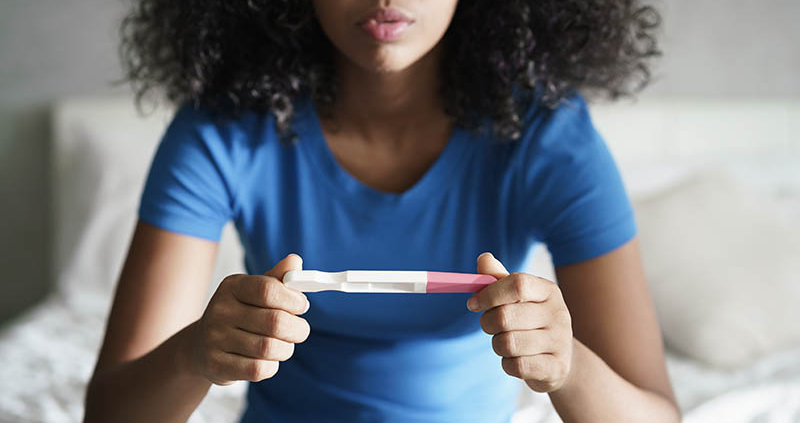New genetic risk factors identified in PCOS
A new study has identified new genetic risk factors in the development of polycystic ovary syndrome (PCOS). PCOS is the most common endocrine disorders affecting women and it can lead to difficulty getting pregnant.
Published in the journal Human Reproduction, genome-wide association studies were conducted by researchers at the Institute of Genomics of the University of Tartu to search for these variants in PCOS.
Polycystic ovary syndrome is often diagnosed through irregular periods, high levels of androgen hormones or enlarged ovaries known as polycystic ovaries, but the exact causes of PCOS remain unknown.
The study’s author analysed the genetic data of over 233,000 women from Estonia and Finland. Triin Laisk, Associate Professor at the Institute of Genomics, determined that PCOS “is a multifactorial condition, meaning both genetics and environmental or lifestyle factors increase the risk”.
The study found two new rare genetic variants that increase the risk for PCOS, which will probably affect the gene CHEK2. CHEK2 has been also linked to ovarian reserve and variation in age at menopause.
PCOS and fertility
One in five women in the UK suffer from PCOS and it can be a common cause of female infertility as it affects how the ovaries function. Although polycystic ovaries contain small antral follicles with eggs in them, the follicles often do not mature properly so there is no ovulation. Cysts can form instead.
Women will often experience irregular menstrual cycles and gradual worsening of excess facial and body hair growth as the result of high testosterone levels. Although the infertility rate can be high with PCOS, the good news is that the chance of getting pregnant using fertility treatments is good.
Women with PCOS usually require ovulation induction to conceive. Fertility treatment options include the use of medication such as Clomid or Letrozole. IVF is one of the most common fertility treatments for those suffering from PCOS and has a good success rate. The initial stage is taking medication to stimulate ovulation and then injections are given which will help the body to release an egg before they are harvested for fertilisation.
For more advice on PCOS and fertility treatment, call +44 (0) 203 263 6025 to arrange a consultation at Aria Fertility.

